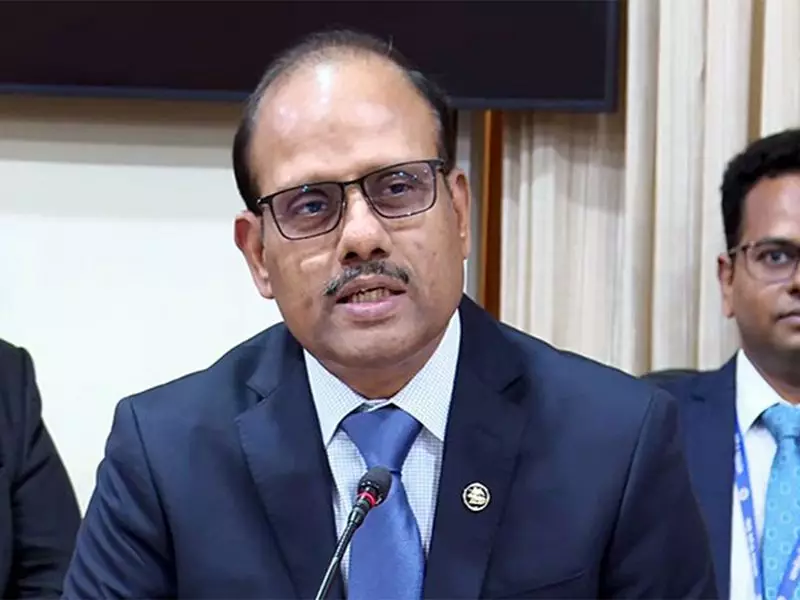
In a significant address that highlighted the critical importance of governance in the financial sector, Reserve Bank of India Deputy Governor Swaminathan delivered a powerful message about how regulatory effectiveness depends fundamentally on the strength of institutional intent and oversight mechanisms.
The Core Message: Governance Over Regulatory Complexity
Speaking at an event organized by the Centre for Advanced Financial Research and Learning (CAFRAL), the Deputy Governor articulated a compelling perspective that challenges conventional thinking about financial regulation. Swaminathan emphasized that when governance frameworks demonstrate genuine commitment and clarity of purpose, the perceived problems of regulatory gaps and overlapping jurisdictions naturally diminish.
The senior RBI official explained that regulatory effectiveness shouldn't be measured merely by the volume of rules or the complexity of compliance frameworks. Instead, the true test lies in how well governance structures function to achieve their intended objectives. When institutions operate with strong ethical foundations and clear strategic direction, regulatory mechanisms become more efficient and purposeful.
Practical Implications for Banking Sector
The Deputy Governor's insights carry significant weight for India's banking and financial services industry. He outlined how robust governance practices within financial institutions create a virtuous cycle that reduces the need for excessive regulatory intervention. When banks and NBFCs maintain high standards of internal governance, compliance becomes organic rather than forced.
Swaminathan particularly highlighted how this approach benefits various stakeholders in the financial ecosystem. Customers experience better service and protection, investors gain confidence in the system's stability, and regulators can focus their resources more strategically. The message underscored that strong governance isn't just about avoiding penalties but about creating sustainable value for all participants.
Building a Resilient Financial System
The address also touched upon how this governance-focused approach contributes to overall financial stability. By prioritizing strong institutional frameworks, India can build a more resilient banking system capable of weathering economic uncertainties. The Deputy Governor noted that when governance standards are high, regulatory oversight becomes more predictable and consistent.
This perspective comes at a crucial time when global financial systems face multiple challenges, including technological disruption and evolving risk landscapes. Swaminathan's remarks suggest that the solution lies not in creating more complex regulations but in strengthening the foundational governance principles that guide financial institutions.
The event, which brought together leading figures from the financial sector, academic institutions, and regulatory bodies, served as an important platform for discussing these critical issues. The Deputy Governor's comments have sparked meaningful conversations about how to implement these principles across different segments of India's financial ecosystem.
As India continues its journey toward becoming a $5 trillion economy, such thoughtful leadership on governance and regulation provides valuable guidance for all stakeholders committed to building a stronger, more transparent financial system that serves the nation's developmental goals while maintaining stability and integrity.






